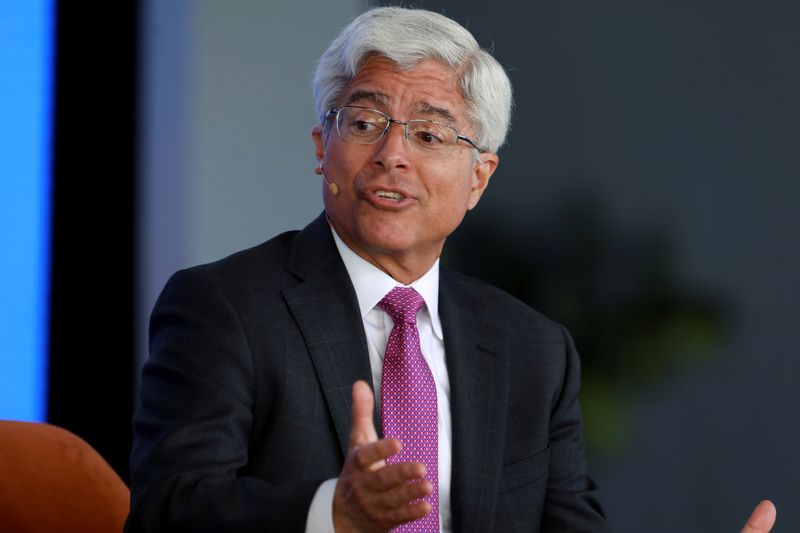In the context of the incoming Trump administration and a Republican-controlled Congress, the U.S. utility industry is advocating for the preservation of clean energy and electric vehicle (EV) tax credits outlined in the Inflation Reduction Act (IRA). This legislation, a cornerstone of outgoing President Joe Biden’s strategy to address climate change, allocates substantial funding—hundreds of billions of dollars—towards clean energy initiatives. Concerns arise from President-elect Trump, a known climate skeptic, who has pledged to rescind the IRA, a move that would necessitate Congressional support. Notably, Pedro Pizarro, CEO of Edison International, emphasizes the importance of educating lawmakers and the transition team about the IRA’s benefits, arguing that its impacts primarily favor businesses and consumers rather than shareholders.
Pizarro, speaking from the COP29 climate summit in Azerbaijan, articulated the utility industry’s stance that the IRA is integral not just for corporate interests, but also for end-users. He indicated that many financial benefits stemming from the IRA are designed to enhance services and reduce costs for customers rather than enriching utility shareholders. The comprehensive nature of the IRA, as highlighted by Pizarro, suggests that its provisions extend beyond electric vehicles to encompass various aspects of clean energy, including storage, transmission, nuclear energy, and hydrogen initiatives. The utility industry sees these credits as vital to securing growth and development in their sectors.
With the Trump administration preparing to implement significant policy changes, the fate of the $7,500 consumer tax credit for electric-vehicle purchases is uncertain. Reports indicate that this credit is under threat as part of broader tax reform efforts. A coalition of major electric vehicle and battery manufacturers—including well-known players like Rivian, Tesla, and Panasonic—have also voiced their concerns, imploring the incoming administration to retain these essential tax incentives, particularly due to their potential repercussions in key states that overwhelmingly supported Trump in the election.
The transition team for Trump is reportedly evaluating various energy policies, with Dan Brouillette, the former energy secretary, involved in shaping these discussions as he collaborates with the transition group. His recent departure from his CEO position at the Edison Electric Institute (EEI) signifies a shift towards focusing on energy policy rather than utility management. As part of these efforts, the EEI is pushing to communicate the critical advantages of retaining tax credits associated with energy storage and transmission, alongside incentives for nuclear energy and hydrogen production, all of which are fundamental to the utility sector’s future ambitions.
As the EEI prepares for proactive engagement with Capitol Hill, Pizarro has outlined a strategy to maintain dialogue with lawmakers, reiterating the positive impact that the IRA has had on clean energy investment and consumer costs. The organization’s outreach aims to clarify that the benefits derived from the IRA extend across the entire energy landscape. By informing policymakers about the wide-ranging benefits attributable to clean energy initiatives, the EEI hopes to fortify support for the IRA against any attempts to dismantle it. This continued advocacy reflects the industry’s recognition of the IRA as a pivotal tool for advancing energy reform, particularly at a time of significant political transition.
In summary, the utility industry’s unified voice, led by Edison International’s CEO, underscores the importance of the IRA for both businesses and consumers in the wake of impending legislative changes. The combination of industry insights and advocacy efforts aims to safeguard clean energy initiatives and EV tax incentives, allowing the sector to continue propelling growth while combating the challenges posed by climate change. As discussions evolve in the new political landscape, the widespread commitment to protecting the IRA indicates a shared understanding of its critical role in ensuring a sustainable energy future in the United States.

